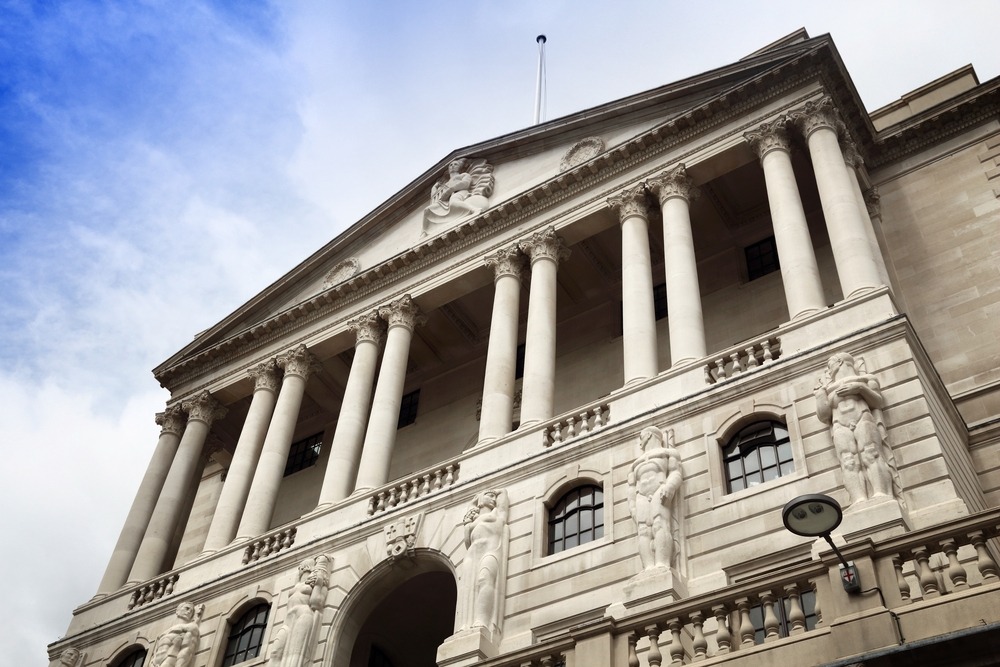The Bank of England has urged banks to provide credit to companies through the recovery from the COVID-19 crisis. The government starts to close its coronavirus lending schemes.
While the vaccine rollout was boosting investors’ confidence, the Financial Policy Committee (FPC) has warned SMEs will need to finance cash-flow deficits this year. Moreover, banks must continue to provide support. The FPC is what looks at the risks facing the system.
The BoE said it is in banks’ own interest to continue to support the economy by lending to viable, productive businesses. That’s rather than seek to defend capital ratios by cutting lending as that would have an adverse effect on the economy. It could therefore have an even greater negative effect on banks’ capital ratios.
The FPC said banks have high levels of capital which would allow them to absorb very big losses while continuing to lend. This was a statement from the BoE’s committee at the end of its March meeting.
Moreover, the central bank said it did not expect to raise counter cyclical buffer rates until 2022. This means banks could have access to more capital to lend.
The British government’s emergency lending schemes to new applications is due to close by the end of this month.
The FPC added in a summary of the meeting, that as payment deferral schemes unwind, lenders should work flexibly with household borrowers.
It also said it expects banks to use all elements of capital buffers as necessary. That is to continue to support the economy through the recovery phase.
Britain’s Biggest Fall
In 2020, Britain slumped by 10%, its biggest fall in more than three centuries. The country’s economy is now expected to grow by 5% this year.
The FPC said a countercyclical capital buffer for tapping during periods of market stresses set at 0% would remain there until at least December.
Meaning, any rise after that would not take effect until the end of 2022 at the earliest.
The Committee said while banks have resumed paying dividends, in line with “guardrails” set by regulators, their market valuations remain low. It’s a likely reflection of market concerns over expected future profitability.
Low profitability was still a concern, the FPC said, as it limited banks’ ability to generate internal capital.
Drawing on lessons from a pilot in 2019, work has started on testing in 2022. This testing is for the ability of the payments system to recover within a set time period from a cyber attack.
















